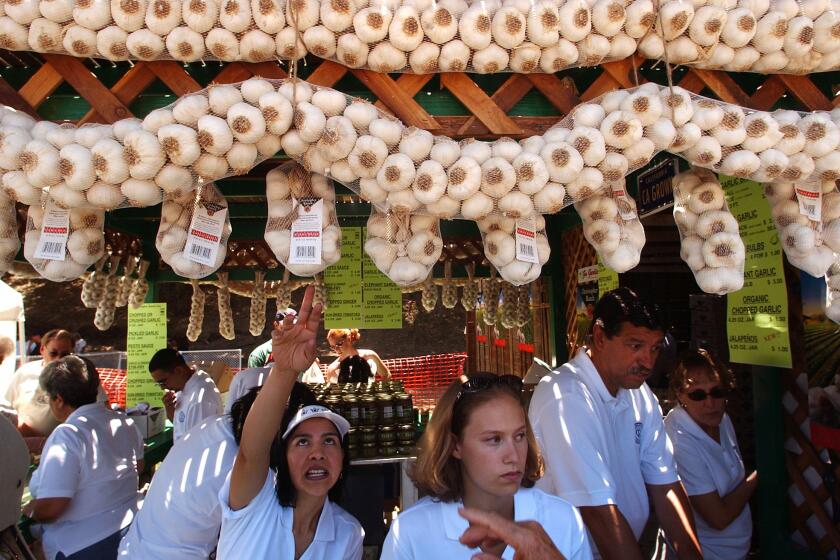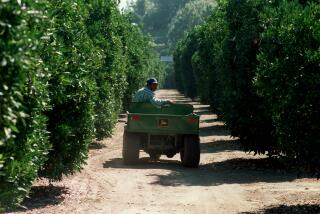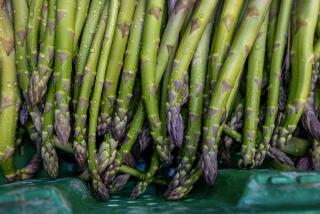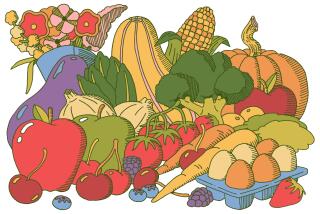Don Christopher, California garlic king who forever changed our palates, dies at 88
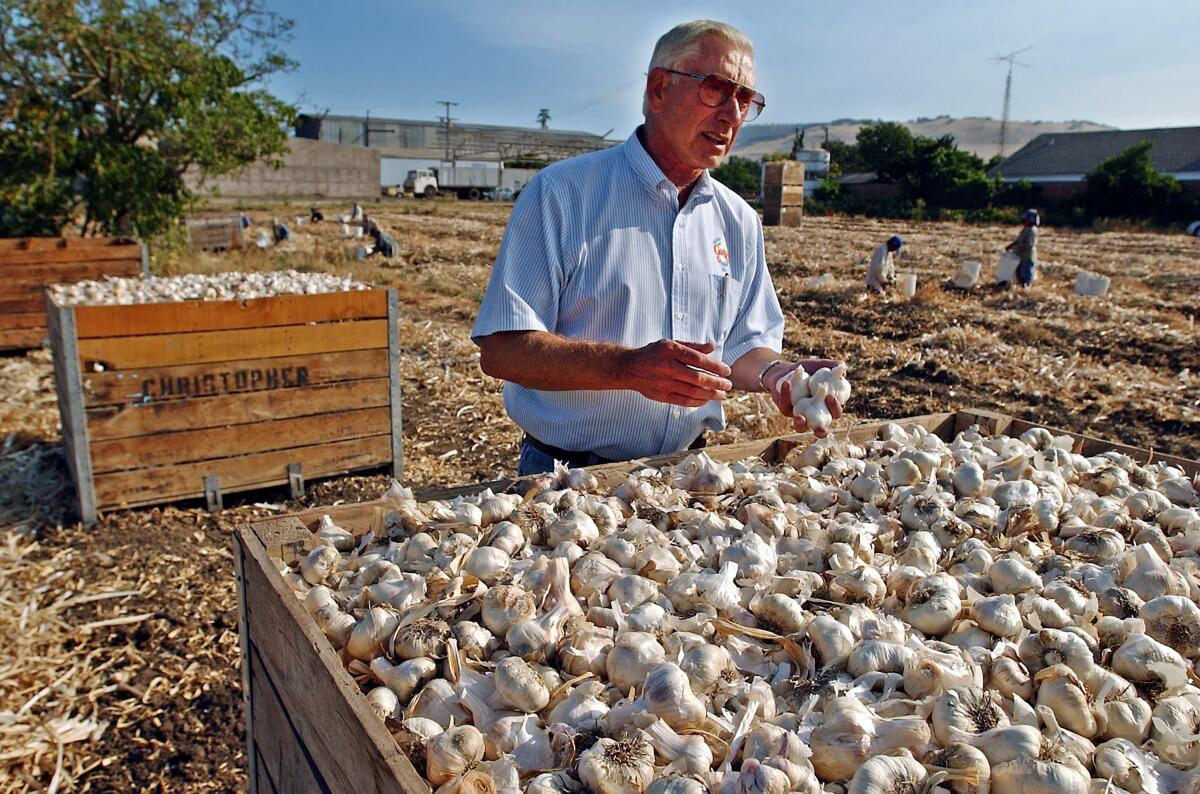
Drivers would catch a whiff of Don Christopher’s success miles before they reached Gilroy, Calif., the distinctive odor of garlic rolling in through the windows and vents, beckoning motorists straight down Route 101 and into town.
The undisputed king of garlic, Christopher started out with a modest, 10-acre plot in the Bay Area town at a time when only a few thousands acres in the entire state were devoted to garlic; nearly all of the bulbs eventually dehydrated. But as the American palate changed, sales at Christopher Ranch skyrocketed to more than 100 million pounds a year, dwarfing competitors.
A community booster as well as a grower, Christopher helped dream up the city’s quirky Garlic Festival, a three-day mashup of all things garlic that drew foodies and the just plain curious to Gilroy to sample the garlic ice cream, the garlic kettle corn, the garlic oysters or watch the Food Network super chefs battle it out on Gourmet Alley, sauté pans and garlic cloves in hand.
Locals boasted that Gilroy was the only town where a person could marinate a steak simply by hanging it on a clothesline.
“All you have to do is roll down the window in your car and you know you’re in Gilroy,” Christopher once told the Contra Costa Times.
The namesake of the largest garlic producer in the nation, Christopher died peacefully Dec. 12 at 88, his family said on its Instagram account. No cause of death was given.
“There is no doubt that his legacy will endure through future generations,” his family said in a statement. “He made the Garlic Capital of the World something truly special, and he made a difference in countless lives.”
The Gilroy Garlic Festival started with what its founders like to say was a “crazy idea.”
Christopher was born into a farming family in San Jose in 1934. Both his grandfather and father grew plums on 15 acres outside of town, dehydrating them to prunes. While the farm did well, neither the plum nor the prune greatly impressed Christopher.
With a loan from his father, Christopher and a brother bought acreage in Gilroy, planting lima beans, sugar beets and, in an afterthought, garlic. The garlic won.
By 1993, the farm had grown to about 6,000 acres, and the annual yield stood at roughly 100 million pounds.
At first, the Garlic Festival seemed to Christopher and other organizers as a simple, down-home slice of Americana that might attract a few hundred paying guests. When more than 15,000 people rolled into town, organizers were forced to recycle ticket stubs and race off to Monterey or San Jose to buy more calamari or sourdough bread.
“We said, ‘Holy cow,’” Christopher told the San Jose Mercury News in 2012. “We didn’t have enough food.”
Within a few years, attendance had sswelled to more than 100,000. And with success, the garlic pickles and garlic jerky had been complemented with more sophisticated fare — garlic goat cheese soufflé, roasted garlic grits and smoky garlic shrimp, among them.
All our stories of Gilroy Garlic Festival shooting in one place
But there were hard times, too.
Three people were killed, including two children, and 17 others wounded when a gunman opened fire at the festival in 2019. The event organizers were sued by families of the dead or wounded, who claimed that insufficient and negligent security had contributed to the deadly encounter.
The pandemic, a sluggish economy and the loss of land once used for parking finally did in the festival, which was indefinitely canceled this year.
While sales at Christopher Farms remained robust, the grower came under fire in a segment of the Netflix docuseries “Rotten,” which claimed that the ranch used prison workers in China to do the tedious work of peeling garlic cloves so they could be bottled and sold in grocery stories.
The family said it was outraged by the report.
“They claim forced labor went into that label,” grandson Ken Christopher, vice president of the garlic’s ranch, told the San Jose Mercury News. “It was packed specifically for us, and we have no trademarks in China. So that couldn’t be further from the truth.”
According to the Garlic World website, half of America’s garlic is grown in or around Gilroy, while 90% of the nation’s garlic harvest in processed in Gilroy. Christopher, it said, gets credit for much of that.
Christopher‘s children and grandchildren now operate the ranch.
More to Read
Sign up for Essential California
The most important California stories and recommendations in your inbox every morning.
You may occasionally receive promotional content from the Los Angeles Times.
